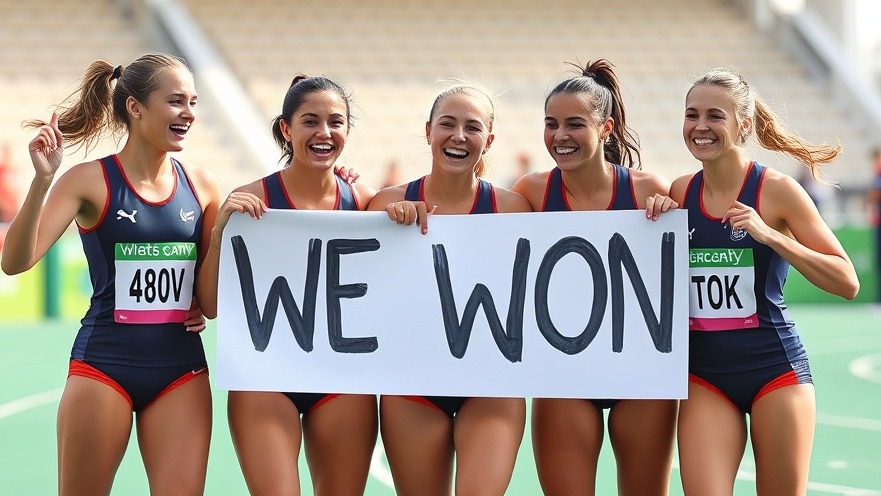
Understanding the Decision: Penn's Ban on Transgender Athletes
The University of Pennsylvania has agreed to block transgender athletes from competing in women's sports after a federal civil rights investigation stemming from swimmer Lia Thomas. The US Department of Education announced the agreement, saying the Ivy League institution would apologise and restore to female athletes titles and records that were "misappropriated by male athletes". The university said it would update its records set during the 2021–22 season to "indicate who would now hold the records under current eligibility guidelines", but it did not say whether Thomas' records would be erased.
The Context of the Ban: A Historical Perspective
To fully understand the implications of Penn's ruling, one must consider the historical context surrounding transgender rights in sports. The debate has been evolving for years, particularly as state laws and institutional policies grapple with how to include transgender athletes. Many argue that athletes, regardless of gender identity, should have the opportunity to compete, while others contend that there are inherent advantages that could undermine the fairness of competitive sports.
Implications for Transgender Rights in Sports
Penn's decision could set a precedent for other universities and organizations evaluating their policies. This could trigger a wave of similar actions across the country, especially as the landscape of transgender rights continues to shift. The ramifications extend beyond college athletics to the broader discussions occurring in professional sports, where various leagues have started to address their regulations regarding transgender athletes.
Social Perspectives: Why This Issue Matters
The decision has reignited discussions about inclusivity in sports ecosystems. For many, the policy may seem like a step backward, possibly alienating a population that seeks representation and equality in competitive fields. The emotional weight of this topic cannot be underestimated, as athletes like Lia Thomas symbolize a broader struggle for recognition and rights.
Future Trends: Predictions and Possibilities
Looking ahead, it's likely that this ruling will provoke more legal challenges and calls for reform. Activists are already rallying against the decision, asserting that excluding transgender athletes conflicts with the principles of equity and fair play. As society evolves, we may see more universities reevaluate their policies to find a balance between fairness and inclusivity.
Counterarguments: The Other Side of the Debate
Opponents of the ban present arguments centered on competitive fairness, contending that biological differences could play a significant role in athletic performance. Some research suggests that individuals assigned male at birth may possess physical advantages in specific sports, regardless of their gender identity. This ongoing discourse highlights the challenges of creating equitable solutions that respect all athletes' rights and experiences.
Your Voice Matters: Engaging in the Conversation
As individuals, we have the responsibility to engage in these discussions critically and compassionately. Understanding diverse perspectives is essential in shaping a fair and just environment for all athletes. Public opinion can play a significant role in influencing institutional policies—having conversations, advocating for fairness, and supporting inclusion can all contribute to progressive change.
 Add Element
Add Element  Add Row
Add Row 



 Add Row
Add Row  Add
Add 


Write A Comment